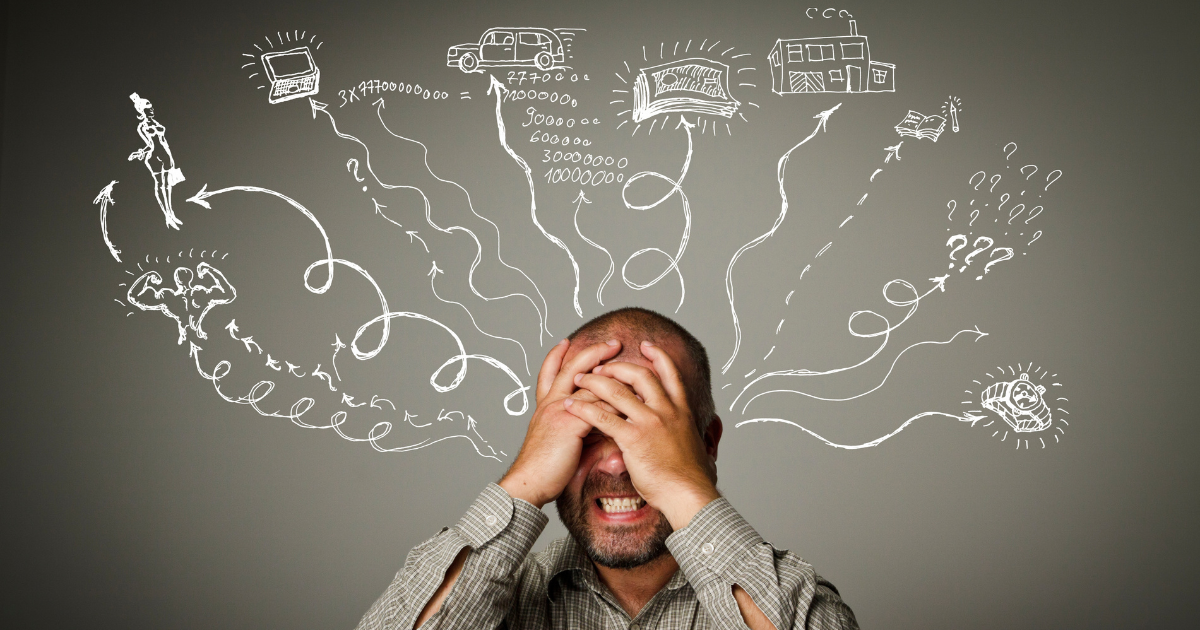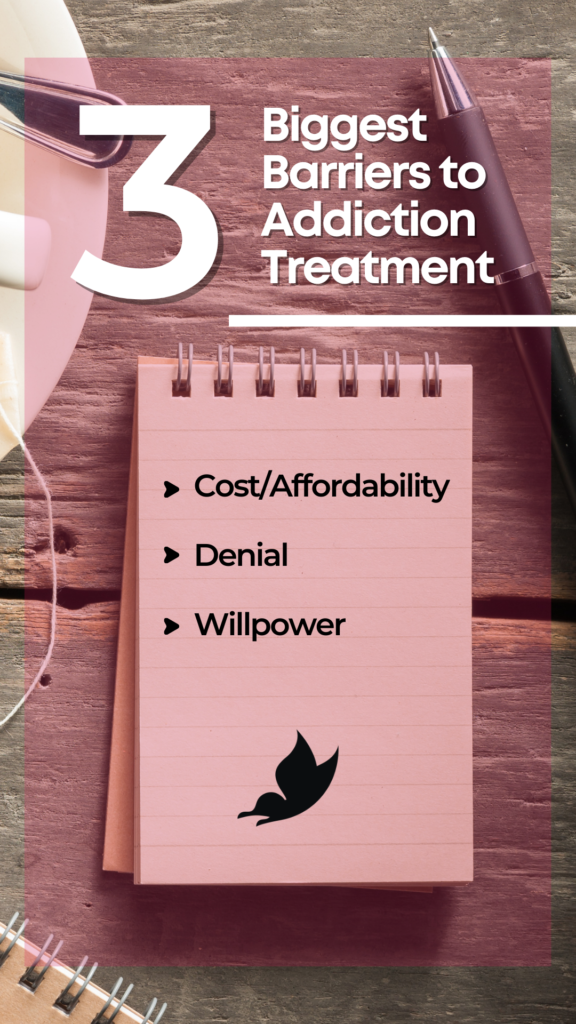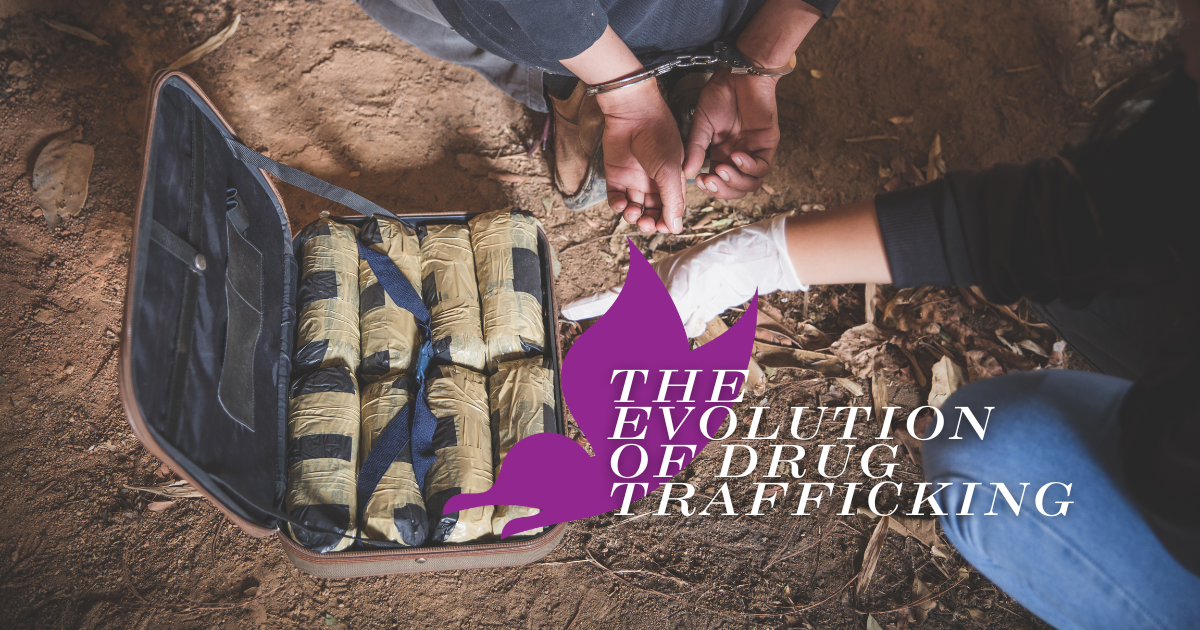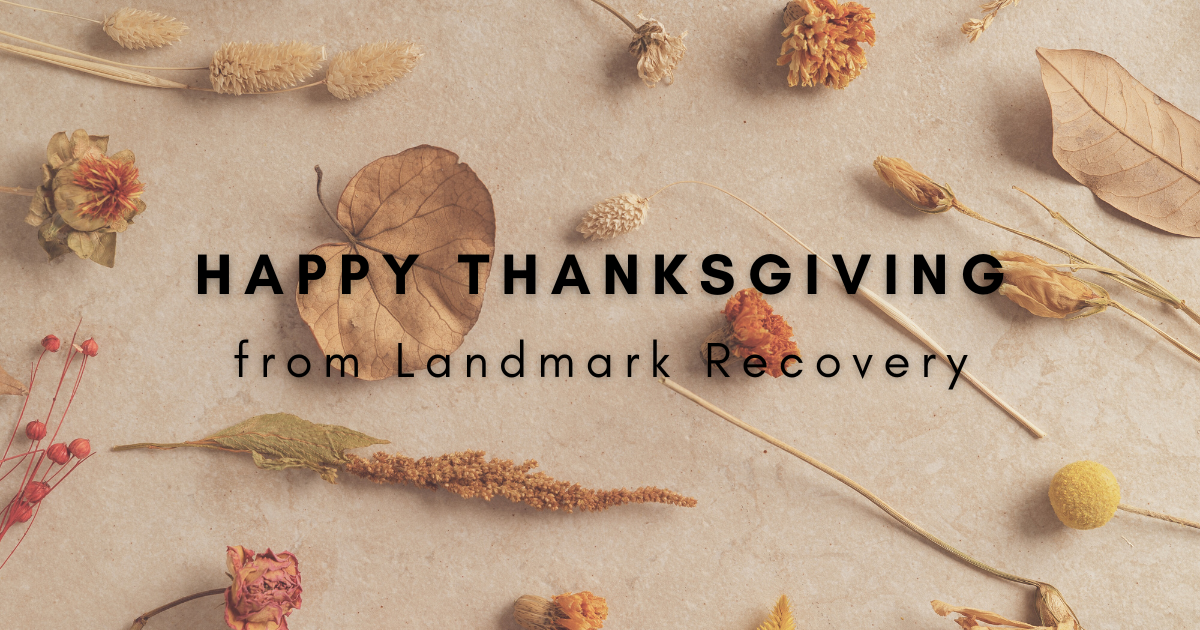Cost, denial and willpower listed as extreme barriers to recovery
There are millions of Americans struggling with substance use disorder (SUD). Unfortunately, many go untreated for a myriad of reasons. They might be hesitant to seek treatment because they simply can’t afford the cost of addiction care. Some might not be ready to admit that they have a problem. Others might not have the tools or the capacity to ask for help.
Either way, there are more than enough treatment services available nationwide to address concerns and help people overcome the effects of repeated substance use. At Landmark Recovery, our goal is to save one million lives in 100 years from the grips of addiction. One of those ways is to place a treatment center within two hours of every major city, thus removing any geographic lack of access to treatment services and transportation.
Still, other barriers exist that make many people with drug or alcohol addictions hesitant to seek help. Let’s discuss arguably the three biggest barriers to addiction treatment.
1. Cost/Affordability
Years of research coupled with powerful testimonials from people in sustained recovery have demonstrated the effectiveness of addiction treatment. However, 29% of Americans listed cost and affordability as a barrier to treatment during a survey conducted by OnePoll on behalf of Landmark Recovery. This response was most common among the 2,000 survey respondents.
The survey data represents a sizeable gap between addiction treatment services and the people who need them the most but might not be able to afford the cost of treatment. In 2018, the National Survey on Drug Use and Health revealed that about 314,000 Americans ages 12 and older needed substance use/addiction treatment in the past year but didn’t get it because they didn’t have health care coverage and couldn’t afford the costs.
Additionally, many people who struggle with addiction also hold on to beliefs that drug and alcohol rehab centers are known to be expensive or they can’t afford to take off work out of fear that they might lose their job or get fired or can’t risk taking unpaid time off for 28 days or more to go to inpatient rehab.
However, many treatment providers like Landmark Recovery work directly with health insurance companies to help ease the financial burden of seeking addiction treatment. They’ll find a way to help people who really want and need the services provided pay for the cost. A few of those options include flexible payment plans, connecting you with recovery housing to support an outpatient rehab program, or providing you with alternative treatment services if your recovery requires you to be flexible.
2. Denial
Many experts say that denial is a common characteristic of addiction. In fact, using the same OnePoll survey mentioned earlier, about 28% of respondents said that denial is yet another barrier to addiction treatment. That’s because people tend to overestimate their ability to both control their substance use and suddenly quit without medical assistance. But that’s just not how addiction works.
Despite conflicting views, most researchers have come to the conclusion that addiction is a chronic brain disorder that affects impulse control and disrupts normal body functions. However, because of stigma, negative stereotypes and unfounded beliefs about addiction, many people with drug and alcohol problems downplay the severity of their condition. The truth is, some people might not even be ready to stop using, and might not think they have a problem at all until it’s too late.
3. Willpower
Approximately 27% of the OnePoll survey respondents cited a lack of willpower as being another barrier to addiction treatment. It’s a common trope used to characterize the act of developing an addiction as a “moral failure.” However, addictions are the result of a lack of willpower, but not in the way that the general public or society historically views people with addictions.
According to psychologists, willpower is an act of self-control that requires resisting temptation. While we know that addiction hijacks normal, healthy body function and self-control, willpower alone won’t break barriers to addiction treatment. Experts like Zachary Irving, an experimental philosopher with the University of Virginia’s College of Arts and Sciences, argue that willpower can be enhanced and strengthened through strategies that help a person ultimately resist the temptation to drink alcohol or use drugs, similar to a lever.
“Levers are great. They improve your physical strength, but levers require strength to operate,” Irving said in an interview with UVAToday. “What they do is they boost the strength that you already have, rather than replace the need for that strength.”
This is what’s great about addiction treatment services like medical detox and behavioral therapy at rehab facilities like Landmark Recovery. Patients get to clear their systems of harmful substances under the supervision of trained clinicians and staff inside a structured environment. They also, with the help of licensed therapists, get to do a deep dive into how their addictions started and what strategies and coping skills they can apply in real-life situations once they complete the program.
Therefore, people who struggle with addictions aren’t deficient in willpower – everybody has it in different capacities – and therefore can’t get the help they need. It’s that willpower exists, but can and must be developed to operate effectively and help people resist using drugs and alcohol to produce desired emotional outcomes.
@landmarkrecovery And thats a fact! #overcomeyourmind #thisislivinglife #youdobelong #learningtoliveagain #learningtolive #overcominglimitingbeliefs
Break barriers on the way to recovery
Now, more than ever, there are plenty of options available for people seeking addiction treatment care. Don’t let the cost of treatment, denial and misinformed beliefs about willpower create obstacles that prevent you from breaking free from addiction. Call 888-448-0302 to talk to a treatment provider at Landmark Recovery.
A member of our dedicated admissions team is available 24/7 on a confidential phone line. Visit our locations page to find a treatment center near you.

Choose Recovery Over Addiction
We're here 24/7 to help you get the care you need to live life on your terms, without drugs or alcohol. Talk to our recovery specialists today and learn about our integrated treatment programs.





